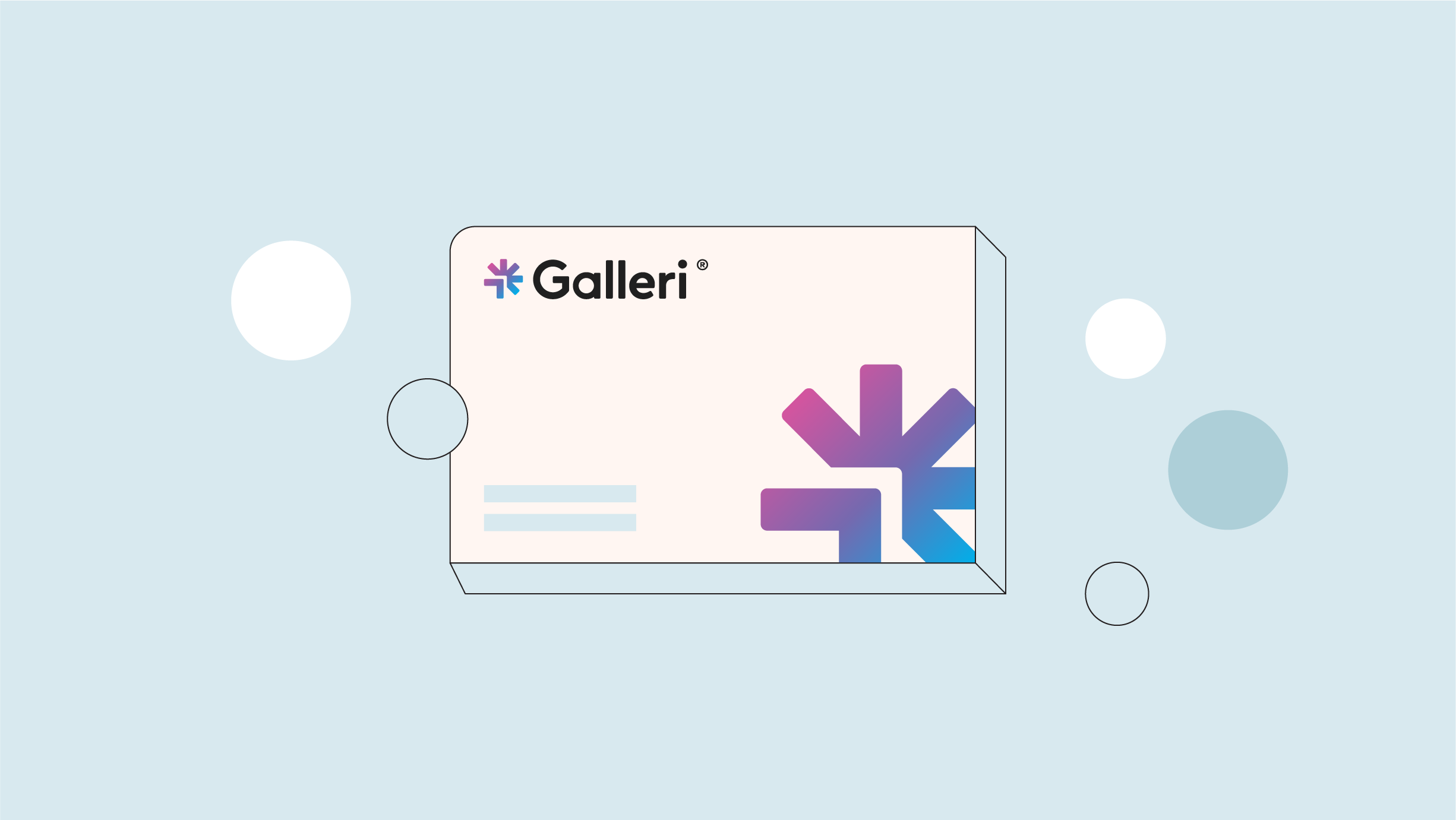What should I tell my care team before I take this medication?
They need to know if you have any of these conditions:
- Diabetes
- Glucose 6-phosphate dehydrogenase (G6PD) deficiency
- Heart problems
- Irregular heartbeat
- Kidney disease
- Liver disease
- Muscle weakness or disease
- Vision or hearing problems
- An unusual or allergic reaction to quinine, quinidine, mefloquine, other medications, foods, dyes, or preservatives
- Pregnant or trying to get pregnant
- Breast-feeding
What may interact with this medication?
Do not take this medication with any of the following:
- Certain medications for fungal infections, such as fluconazole, ketoconazole, posaconazole
- Certain medications for irregular heart rhythm, such as dofetilide, dronedarone, quinidine
- Cisapride
- Eliglustat
- Flibanserin
- Levoketoconazole
- Mefloquine
- Pimozide
- Saquinavir
- Terfenadine
- Thioridazine
This medication may also interact with the following:
- Acetazolamide
- Antacids
- Astemizole
- Certain antibiotics, such as erythromycin, tetracycline, troleandomycin, rifampin
- Certain medications for cholesterol, such as atorvastatin
- Certain medications that prevent or treat blood clots, such as warfarin
- Certain medications that treat seizures, such as carbamazepine, phenobarbital, phenytoin
- Cimetidine
- Desipramine
- Digoxin
- Ritonavir
- Sodium bicarbonate
- Theophylline or aminophylline
- Tonic water that contains quinine
This list may not describe all possible interactions. Give your health care provider a list of all the medicines, herbs, non-prescription drugs, or dietary supplements you use. Also tell them if you smoke, drink alcohol, or use illegal drugs. Some items may interact with your medicine.
What should I watch for while using this medication?
Visit your care team for regular checks on your progress. Tell your care team if your symptoms do not start to get better or if they get worse. Contact your care team if your fever comes back after you finish this medication.
This medication can cause decreases in blood sugar. Signs of low blood sugar include chills, cool, pale skin or cold sweats, drowsiness, extreme hunger, fast heartbeat, headache, nausea, nervousness or anxiety, shakiness, trembling, unsteadiness, tiredness, or weakness. Contact your care team right away if you experience any of these symptoms.
Tell your care team that you are taking this medication before you have any surgery, procedure, or dental work.
What are the most serious risks of this medication?
This medicine should not be used for leg cramps. The risk of serious, deadly side effects is too high. Some of the side effects include bleeding, long term kidney damage, dangerous change in heart beat, and severe allergic reactions.








